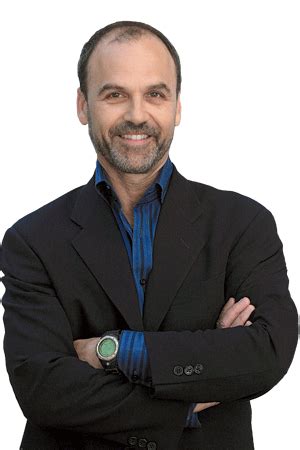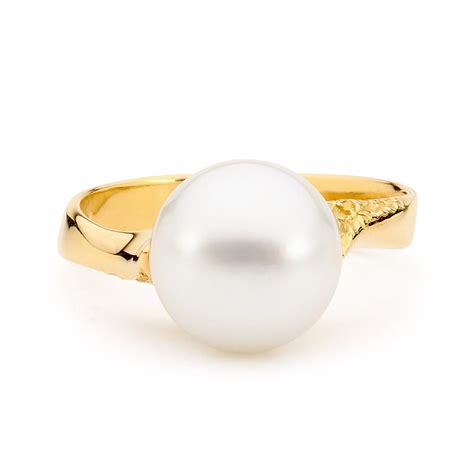A Quote by Ta-Nehisi Coates
The thing people have to remember is there's nothing natural about racism as it exists in America. I mean, we know this historically. We can look at 1619, when Africans first came here, and how early African slaves intermixed pretty indiscriminately with indentured white servants.
Related Quotes
The contribution of West African languages to Ebonics is absolutely infinitesimal. What it actually is is a very interesting hybrid of regional dialects of Great Britain that slaves in America were exposed to because they often worked alongside the indentured servants who spoke those dialects that we often learn about in school.
The biggest surprise for me, without a doubt, was that the first black people who came to the United States weren't the 20 who arrived in Jamestown in 1619. All of us had been taught that. Well, guess what? The first African came to Florida in 1513. And the huge shock is we know his name, Juan Garrido, and that he wasn't a slave. He was free! This brother was a conquistador who came with Ponce de Leon. He was looking for the Fountain of Youth just like the white people were.
The biggest surprise for me, without a doubt, was that the first black people who came to the United States weren't the 20 who arrived in Jamestown in 1619. All of us had been taught that. The first African came to Florida in 1513. And the huge shock is we know his name, Juan Garrido, and that he wasn't a slave. He was free!
In America, racism exists but racists are all gone. Racists belong to the past. Racists are the thin-lipped mean white people in the movies about the civil rights era. Here's the thing: the manifestation of racism has changed but the language has not. So if you haven't lynched somebody then you can't be called a racist. If you're not a bloodsucking monster, then you can't be called a racist. Somebody has to be able to say that racists are not monsters.
We know that the African regimes, many African regimes have failed their people and many Africans want regime change, and there are a lot of African leaders who make promises but don't carry them out. I mean, the progress - I mean, it is noble for the rich countries to help Africa, but then the question is: What are African leaders themselves doing to help their own people?
It's the first thing liberals notice about people is what group are you in! "What group do I put you in? Are you a woman? Are you lesbian? Are you straight? Are you Native American? Are you African-American? Are you a mix? What are you?" That's how they see people, because that then identifies the victim status they hold. Victims of what? Victims of America! All these people are victims of America, "the white, patriarchal majority." They're all victims of America, as the left sees them.
The problem is that white people see racism as conscious hate, when racism is bigger than that. Racism is a complex system of social and political levers and pulleys set up generations ago to continue working on the behalf of whites at other people's expense, whether whites know/like it or not. Racism is an insidious cultural disease. It is so insidious that it doesn't care if you are a white person who likes Black people; it's still going to find a way to infect how you deal with people who don't look like you.
All of you are aware of the tragic history of racism in America, but for a very long time, African-Americans and their white allies came together and they struggled and they stood up for justice and they stood up to lynching and they stood up to segregation and the stood up to a nation where African-Americans couldn't even vote in America.
Because I know that the early Greeks and Romans and the early Europeans at that age did not see racism as we see it now - because racism was created to justify slavery to build the capital for capitalism - and back in the day they respected talent over race. We had an African Pope in the late 5th century, we had an African Emperor of Rome, and early church Fathers were black.
While I was able to pass as white as soon as I came to America, this was not really possible while I was growing up, as it was pretty obvious that I wasn't 'all German.' So my privilege was that in America, I could conveniently withhold one of my bloodlines and avoid racism and discrimination. That is not a privilege most people of color have.






























